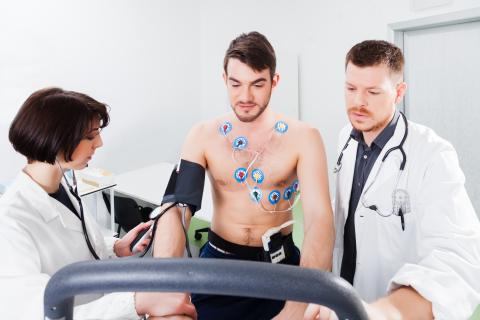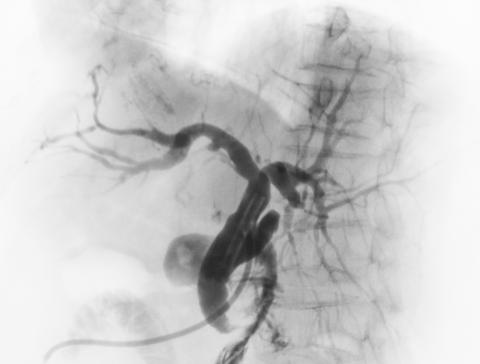Author profile

Saul Isserow, MBBCh
Exercise physiologist Martti Karvonen is remembered today as a founding father of cardiovascular disease epidemiology and prevention in Finland. He was born in 1918 and received his medical degree from the University of... Read More
Dr Saul H. Isserow Dr Brett Heilbron The wide range in societal perceptions regarding the benefits of exercise, or lack thereof, is reflected in two famous comments: “Lack... Read More
The health benefits of physical activity have been documented since ancient times, beginning more than 2000 years ago when Hippocrates highlighted the importance of active living.[1] Today irrefutable evidence indicates... Read More
Routine physical activity is associated with improved health and well-being and a reduction in adverse cardiovascular events and all-cause mortality, while physical inactivity is known to be a risk factor for the... Read More
Dr Saul H. Isserow Dr Brett Heilbron It is our pleasure to be guest editors for this two-part theme issue on sports cardiology containing articles aimed at health professionals and... Read More
Ancient philosophers and physicians such as Plato and Hippocrates believed in the relationship between physical activity and health, and the lack of physical activity and disease. However, by the mid-20th century it was... Read More
Athletes are thought to represent the pinnacle of health and fitness. When a young athlete suffers a sudden cardiac death (SCD), it is a rare but catastrophic event that garners attention from the media, the general... Read More
The sudden cardiac death (SCD) of a young athlete is typically the result of structural and arrhythmic disorders that go undiagnosed, as the conditioned athlete typically doesn’t exhibit symptoms.[1] As a result,... Read More
Regular exercise is effective in the prevention and treatment of conditions such as hyper-tension, coronary artery disease (CAD), heart failure, obesity, and diabetes.[1] According to the World Health Organization, a... Read More
Coronary computed tomographic angiography (CCTA) is performed by injecting an intravenous contrast agent and then imaging the heart during a single breath hold utilizing multidetector (MDCT) technology. This new... Read More







